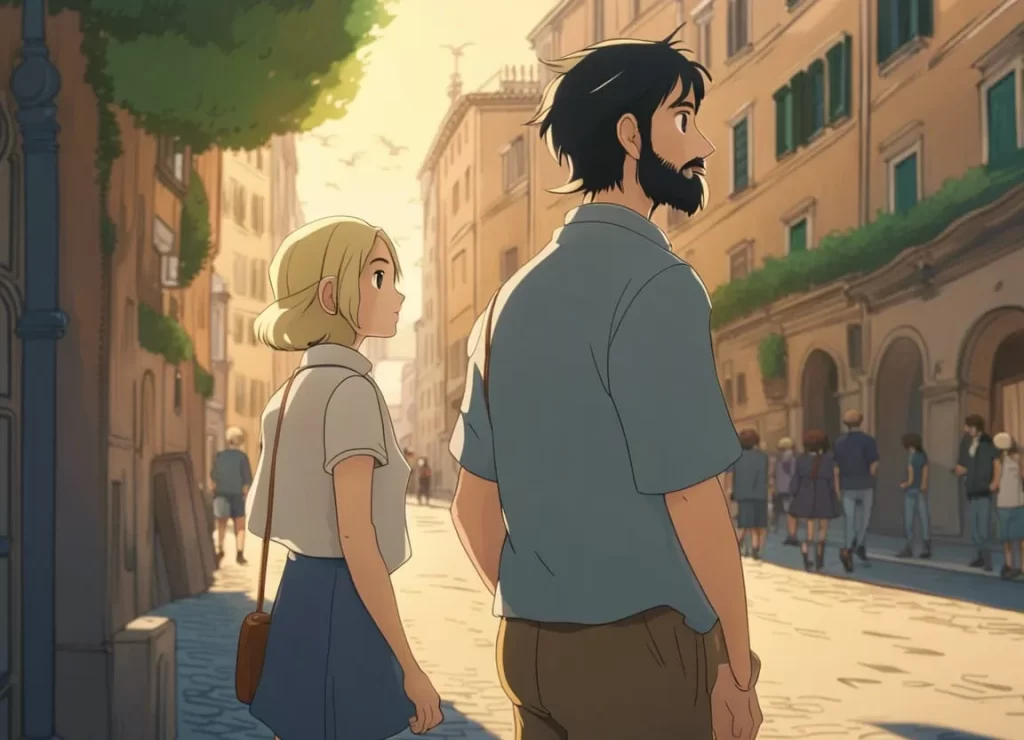Today’s post – “The Place of Style in Thinking about Literature” – is authored by Igor da Silva Livramento. He’s a fellow academic from UFSC, fellow author, fellow creative-writing advisor, and overall a great fellow. He’s also a composer, music theorist, and producer. You can find him on LinkedIn and here is his own blog.
Art is contact with the inhuman that dwells in all of us: be it the animalistic and abject subhuman – as in Lautréamont, Clive Barker, Artaud, Pierre Guyotat – or the angelic and sanctified superhuman – as in the biblical psalmist, Rōdhakī, Hāfez or Petrarch. Style, therefore, is not a form of individual expression, externalization of the soul, exposition of a supposed interior, but the making up of a just form (fair, as in Law, fit, as in Fashion). This form is just because it is homologous to the world, it follows the same logic as the world (homo-logos): as obscure, dense and impenetrable as the matter of the day.
Style, therefore, is the way to make things – ideas, beings, moments – last in time, which means that language also lasts to allow this lasting. It thus opens up the chance for a reader to place their own time transversely in the timed chronometer of work and routine.



